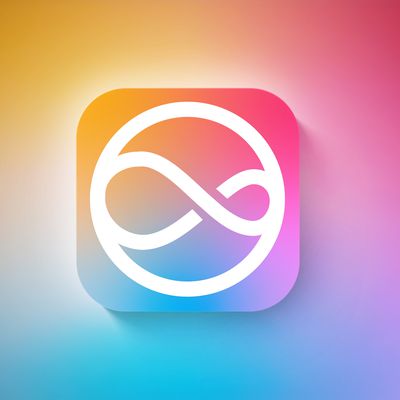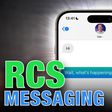 Alongside the debut of iOS 12, which is available to developers for beta testing as of today, Apple has introduced new App Store Guidelines.
Alongside the debut of iOS 12, which is available to developers for beta testing as of today, Apple has introduced new App Store Guidelines.
There are several tweaks that have been made to the App Store Guidelines, and one notable change appears to have been introduced specifically because of the Steam Link debacle that saw Apple approve and then renege on the Steam Link app for iOS.
A new guideline, 4.2.7, says that all Remote Application Mirroring apps, such as Steam Link, must comply with a specific set of rules. Such apps are not allowed to offer a user interface that resembles an App Store view or a store-like interface, nor can they include the ability to purchase software not already owned by the user. Apple is allowing transactions to be made by remote mirroring apps, as long as purchases are made on the host device rather than the iOS device.
The UI appearing on the client does not resemble an iOS or App Store view, does not provide a store-like interface, or include the ability to browse, select, or purchase software not already owned or licensed by the user. For the sake of clarity, transactions taking place within mirrored software do not need to use in-app purchase, provided the transactions are processed on the host device.
With the clarification of Apple's stance on games streamed from a PC or Mac, the Steam Link app may be able to launch on iOS devices after all. Valve has not yet commented on the policy changes, and it's not clear what Valve will need to tweak to comply with the new rules.
There are multiple other changes to the App Store Guidelines. A modified 3.1.1 rule, for example, says that non-subscription apps may offer a free time-based trial period using a free in-app purchase option that temporarily unlocks app functionality. This will allow all apps in the App Store to offer free trials, rather than just subscription apps.
Apps that offer auto-renewing subscriptions, meanwhile, are prohibited from attempting to trick users into purchasing a subscription under false pretenses or engaging in bait-and-switch practices. Such apps will be removed from the App Store.
Apps are no longer allowed to encourage users to disable Wi-Fi, turn off certain security features, and make other modifications to system settings that are unrelated to the core functionality of an app.
All apps (including third-party ads) are now forbidden from running unrelated background processes like cryptocurrency mining.
A new rule, 2.3.12, states that all apps are required to "clearly describe" new features and product changes in their "What's New" text. Apps can continue to use generic descriptions for bug fixes, security updates, and performance improvements, but anything more significant must be listed in the notes.
Apps are also now required to obtain explicit user consent and provide a clear visual indication when recording or making a record of user activity, and there's a new rule that says apps can use Unicode characters that render as Apple emojis within apps and app metadata, a change from earlier this year when some apps were rejected for using emojis in their App Store descriptions. Emojis can't be embedded directly into an app binary, however.
There are many other smaller guideline changes concerning content ratings, iCloud documents, data security, cryptocurrency, and more, with the full list of App Store Guidelines available on Apple's website.

















